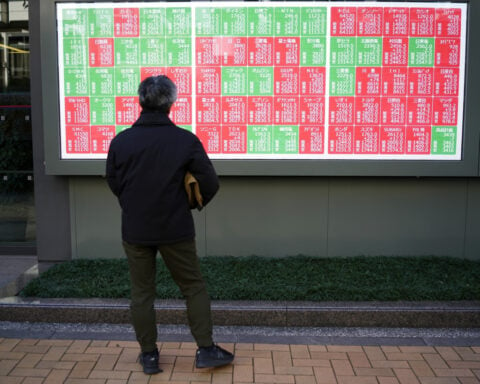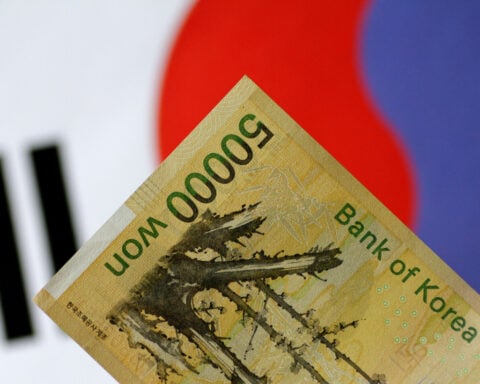By Tim Hepher, Valerie Insinna and David Shepardson
PARIS/WASHINGTON (Reuters) - The family name on the signature approving the sale of a complex jet engine part might perhaps have rung alarm bells: Chirac.
It accompanied the sale of a key component called a low-pressure turbine blade by a British distributor to a Florida firm in 2019 and aimed to show that the part, designed for the world's most widely used jet engine, the CFM56, was authentic.
Four years later, engine maker CFM International, which supplies Airbus and Boeing, has embarked on a worldwide hunt for thousands of parts with suspected false documentation from the same vendor - some of which have remained undetected for years.
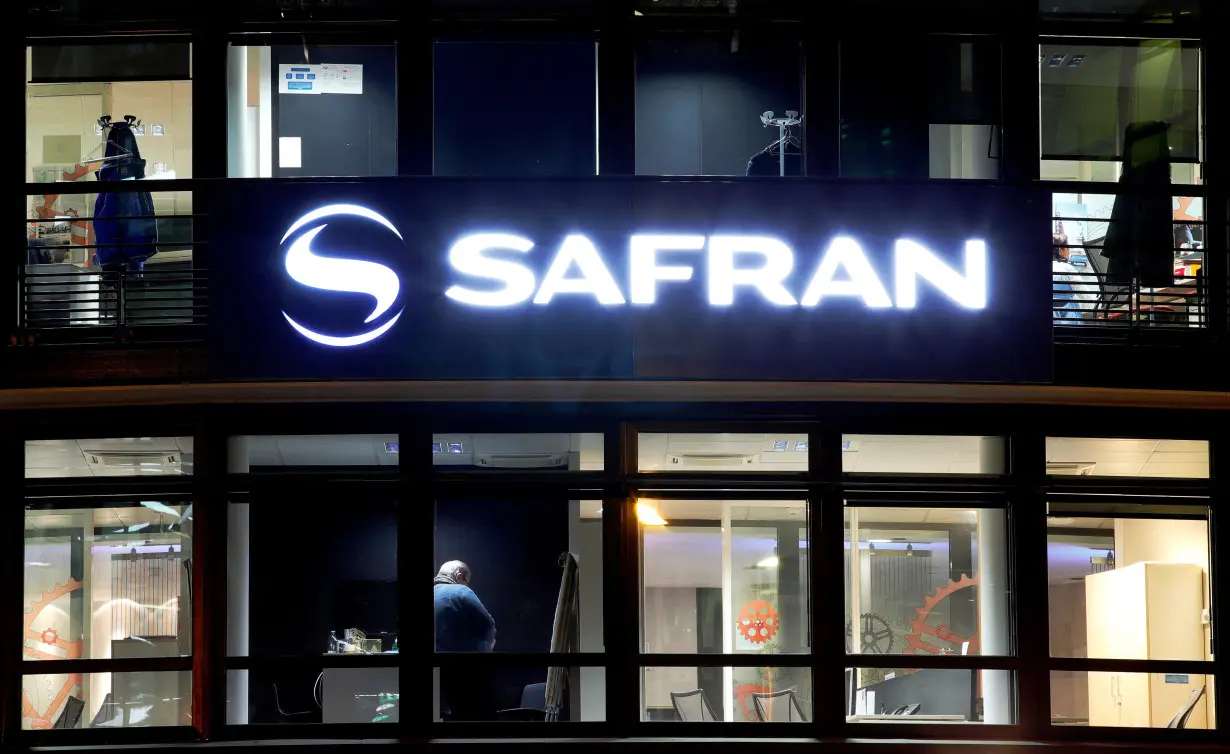
So far there are no reports of counterfeit parts and CFM - owned by GE Aerospace and France's Safran - says the problem involves apparently false declarations by non-existent employees - like the approver identified as "Geoffrey Chirac," who shares a last name with a former French president.
But it fears false paperwork can be used to pass off old parts as new or offload parts that lack the traceability needed to ensure they are safe. That has upset one of the world's most scrutinised industries and rekindled calls for extra regulation.
"This is not a new issue in the industry. There have always been people wanting to make money out of aircraft parts," said Phil Seymour, president of UK-based aviation consultancy IBA.
"The big issue here is that these parts have found their way into engines; that's the game-changer for me."
According to CFM court documents, the alarm was first raised on June 21 when TAP Air Portugal's maintenance arm said it was worried about the documentation for a small part called a damper that it had acquired from UK distributor AOG Technics.
"The part appeared to be older than represented," CFM said.
The birth certificate that must accompany every aerospace part contained a false signature, it said in a freshly released court filing setting out the scale of the detective operation.
Within 20 days, according to CFM, the same airline had found 24 forms from the same seller with "significant discrepancies".
TAP could not immediately be reached for comment.
By early September, more than 30 organisations worldwide had uncovered similar discrepancies, including China's regulator.
AOG Technics could not be reached for comment. The company, whose registered office is in a modern block behind Buckingham Palace, told a UK court last month it was "fully co-operating" with investigations without commenting on CFM's claims.
SELF-REGULATION
So far, CFM says 126 engines are affected: a tiny fraction of the global fleet. The relevant parts are being replaced.
But that number could rise as it trawls through documents handed over by AOG following a court order. And on Wednesday CFM said it had even bought some of the parts for its own premises.
The search has shed light on an economically vital but relatively unregulated corner of the industry at a time when demand is soaring and shortages have driven up parts prices.
While developers of aircraft parts are strictly regulated, and separate approval is needed to produce them, no formal permission is needed to set up warehouses to distribute them.
"That's an area of regulation that needs to be looked at because most stockists self-certify," Seymour said.
"They realise it's not in their interest to provide fake parts so they have their own quality systems and a lot of self-regulation, but no official regulatory approval."
Any gaps in the industry's usually tight disciplines are also a potential area of concern for Western policymakers as they look to enforce sanctions against Russia - including for aircraft parts - over its war in Ukraine, trading sources said.
In the United States, the Federal Aviation Administration (FAA) sets standards for third parties like the Aviation Suppliers Association and Transonic Aviation to certify distributors.
But the Department of Transportation's Office of Inspector General has repeatedly warned that distributors' voluntary system of self-evaluation needs closer oversight.
In one 2017 report, it detailed how tens of thousands of parts with bad paperwork were placed on eBay by an individual who had bought them from a bankrupt supplier.
No comment was immediately available from the FAA.
The parts industry says such cases are extremely rare and it is open to fresh ways of monitoring distributors, but that it is too early to know what new regulations might be needed.
"It's extremely difficult" for unapproved parts to enter the supply chain, said Michele Dickstein, president of ASA, which carries out about 400 audits a year.
"This is a very mature industry. The people speak to each other, and they're well trained."
AOG Technics has never been certified by ASA, she added.
However, an archived version of Transonic Aviation’s website from June 4 names AOG as a client and lists its then-current certification number, which was set to expire on July 5.
Transonic Aviation did not respond to a request for comment.
Not everyone is ready to fault the system, whose myriad of real parts allows a CFM56 engine to take off every two seconds.
"The jury's still out about what control was lost," said an official from one airline that found parts sold by AOG.
(Additional reporting by Sergio Goncalves, Editing by Mark Potter)

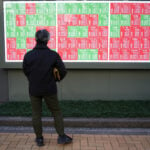 Stock market today: Asian stocks mixed ahead of US inflation data
Stock market today: Asian stocks mixed ahead of US inflation data
 TikTok seeks to reassure U.S. employees ahead of Jan. 19 ban deadline
TikTok seeks to reassure U.S. employees ahead of Jan. 19 ban deadline
 US won't seek charges in unarmed Black motorist Ronald Greene's fatal 2019 arrest
US won't seek charges in unarmed Black motorist Ronald Greene's fatal 2019 arrest
 Euro zone households could increase consumption, ECB chief economist says
Euro zone households could increase consumption, ECB chief economist says
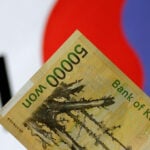 Foreigners sold South Korean equities last month by most since early 2020
Foreigners sold South Korean equities last month by most since early 2020
 As fires ravage Los Angeles, Tiger Woods isn't sure what will happen with Riviera tournament
As fires ravage Los Angeles, Tiger Woods isn't sure what will happen with Riviera tournament
 Antetokounmpo gets 50th career triple-double as Bucks win 130-115 to end Kings' 7-game win streak
Antetokounmpo gets 50th career triple-double as Bucks win 130-115 to end Kings' 7-game win streak
 No 97 Laura Siegemund upsets Olympic champion Zheng Qinwen at the Australian Open
No 97 Laura Siegemund upsets Olympic champion Zheng Qinwen at the Australian Open





